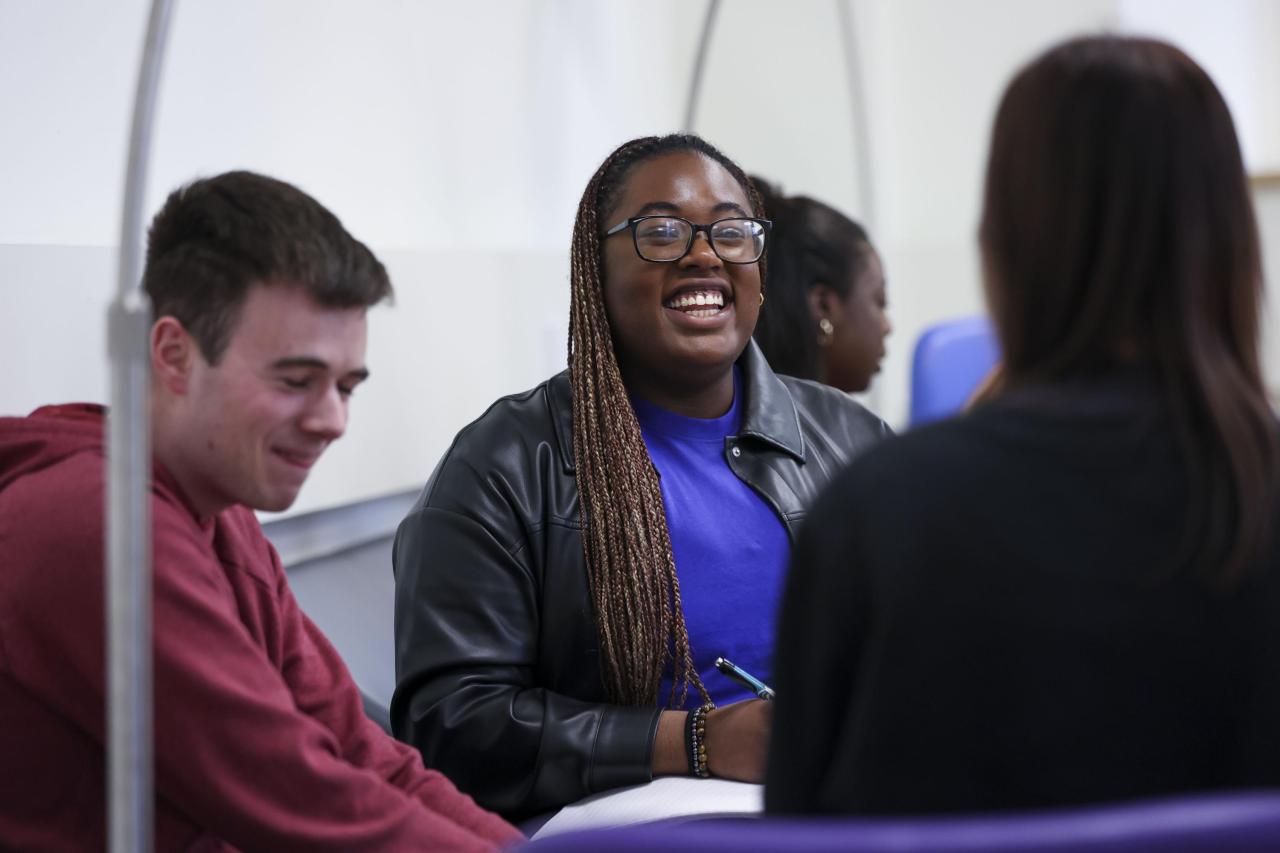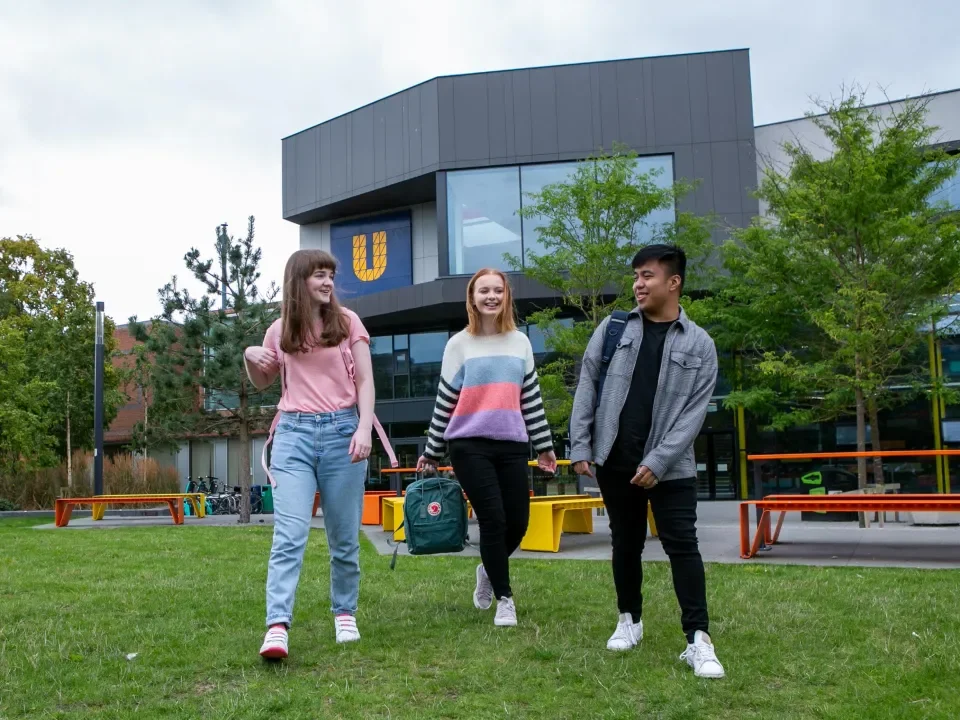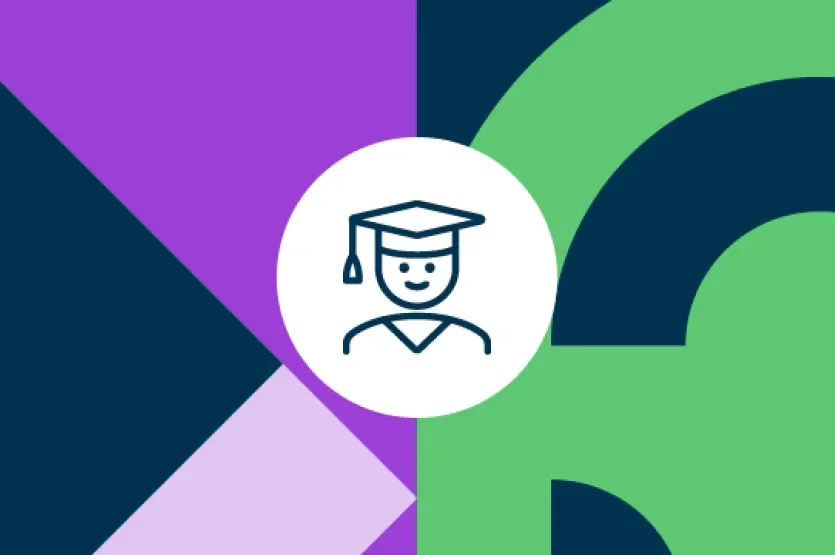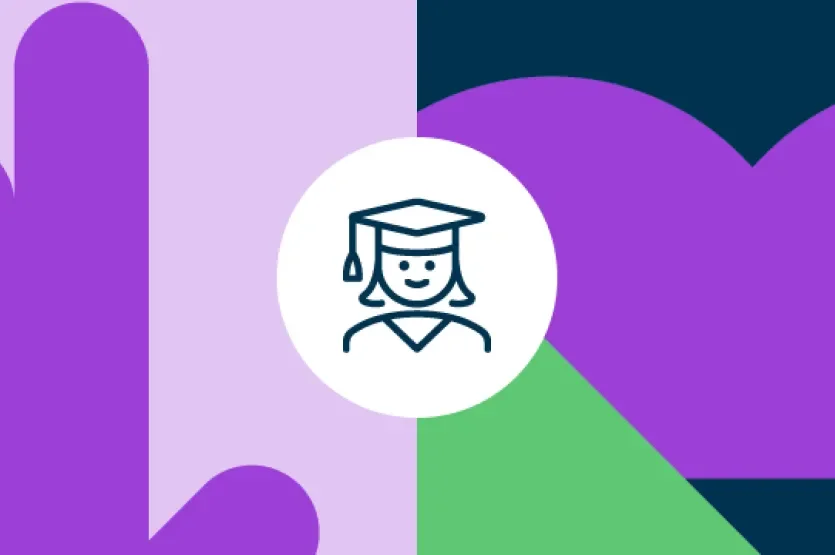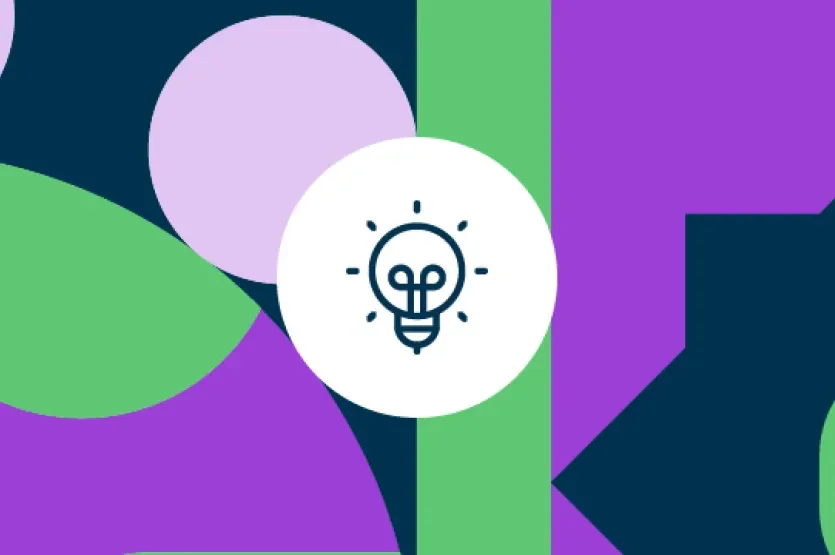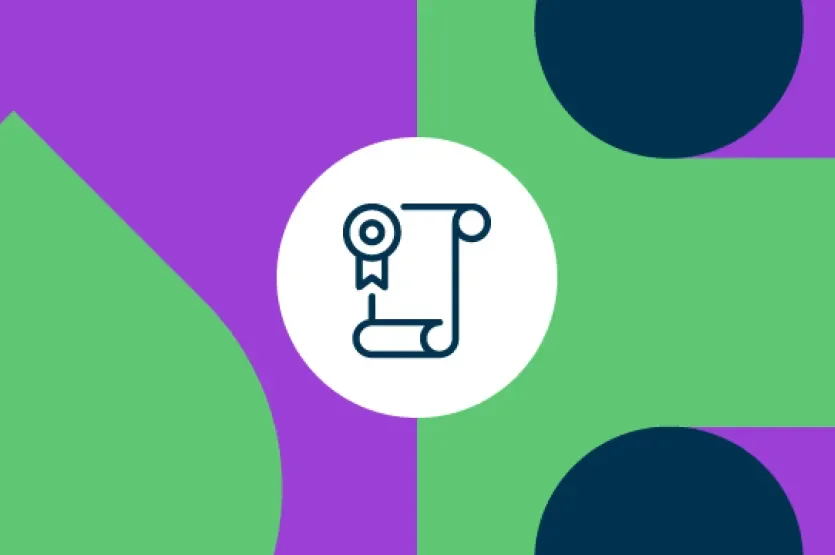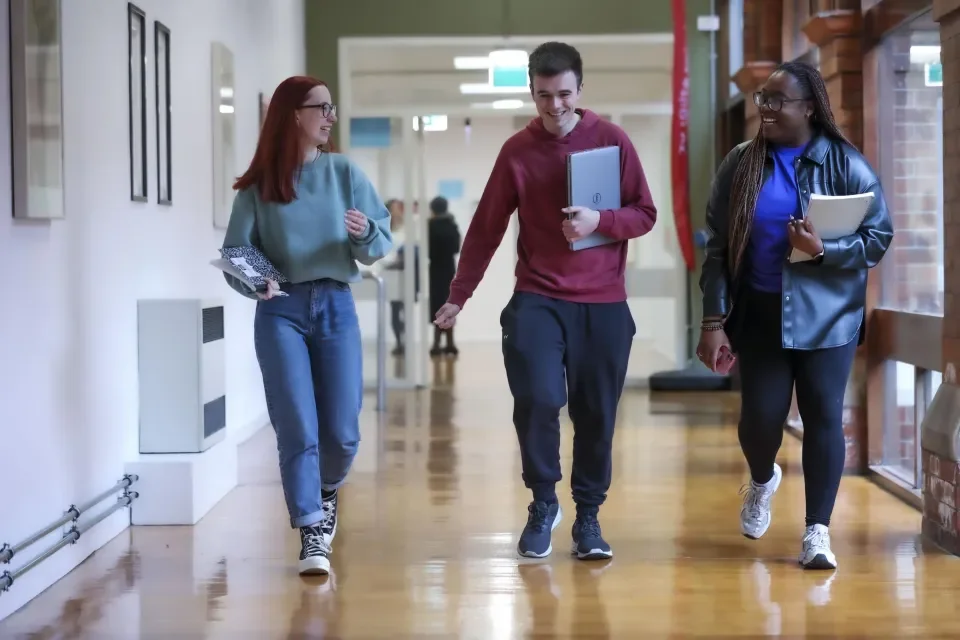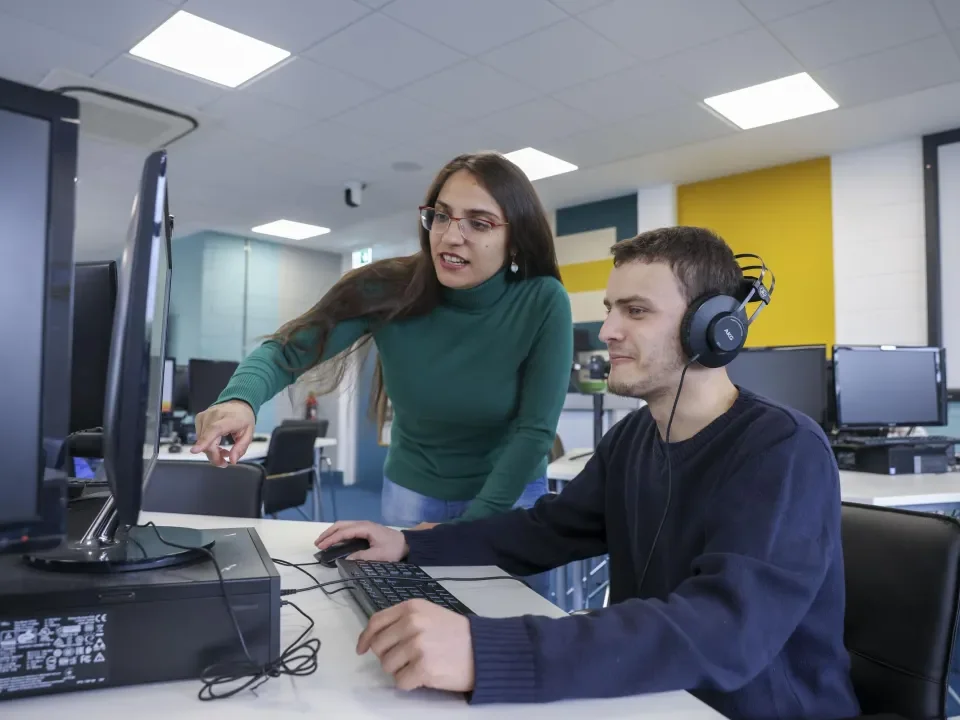Overview
This course will prepare you to teach at post-primary level in two languages. You will take Gaeilge, along with a choice of either French, German or Spanish.
Alongside developing your language abilities, the course also builds your skills in the areas of teamwork, leadership, communication and creativity. These are vital for a career in post primary teaching, but are also key to a variety of other professions. In this four-year course, you’ll benefit from studying in small class groups within the larger university community.
Why DCU
DCU People
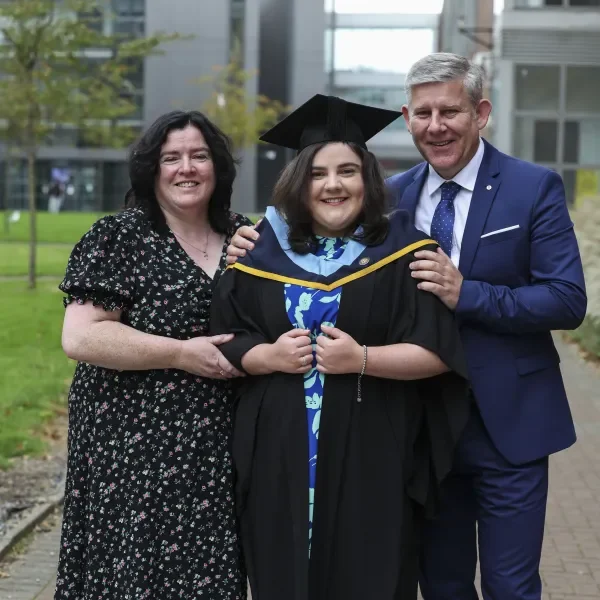
With her love of French and Irish and her dream of being a teacher, the BEd in Languages was the perfect fit for Deirdre Croghan, and the degree offers other options beyond teaching. 
Read more about Deirdre Croghan
Careers & Further Options
Careers
Your degree will be recognised by the Teaching Council of Ireland, allowing you to register as a Newly Qualified Teacher (NQT) and apply immediately for employment in second-level schools as a post primary teacher of Gaeilge and French, German or Spanish.
- Broadcast production
- Consultancy
- Culture and Heritage
- Education
- Government Departments
- Journalism
- Media
- Post Primary Education
- Private Sector
- Translating and Interpreting
DCU graduates are highly sought after by employers. Our Graduates work in environments ranging from large multinationals to SMEs, family businesses and start-ups across every sector.
DCU Careers Service has a number of learning and development initiatives in place for our students, giving them the skills they need for a successful career path.
Entry Requirements
In addition to the general entry requirements for admission to the university the following entry requirements apply
- Applicants must present at least H3 in Gaeilge and H3 in the modern language to be studied (French, German or Spanish).
In addition to the general entry requirements for admission to the university the following entry requirements apply: a minimum of GCE A level B in Gaeilge and A Level B in the modern language to be studied (French, German or Spanish).
No Entry Path
Mature entry is a competitive process. Applicants must demonstrate:
- a genuine interest in the programme(s) they are applying for
- academic experience and competency in their chosen field of study
- an ability to engage and succeed on the programme
All applicants must complete a statement of interest to be considered for the mature application route.
For further guidance on the mature application process please see the CAO Website
Additional Criteria
This programme requires evidence of competency in Gaeilge and French, German or Spanish, which would equate to a H3 or A-Level B in these subjects. This requirement is essential for this programme. Applicants can show their strength in this through formal examinations e.g. school leaving examinations, QQI-FET, access programmes or other third level qualifications. If applicants don’t have any relevant examinations, they may be able to meet the requirements through their work and life experience, applicants must give examples of this experience to demonstrate their competency in these areas in their personal statement.
No Entry Path
International candidates are expected to have educational qualifications of a standard equivalent to those outlined above. In addition, where such candidates are non-native speakers of the English language they must satisfy the university of their competency in the English language. For further information on international applications click here.
Course Structure
Foundational and Professional Studies in Education
We offer a student-friendly, supportive, open, dynamic and practical approach to exploring education and languages, resulting in an exciting, engaging, and challenging environment.
Teaching including School Placements
One of the most exciting and rewarding elements of the course is our hands-on approach to professional practice. Over the four years of the course students have an opportunity to gain valuable and extensive experience within a range of teaching and learning environments including observation of practice, peer-teaching, team-teaching and professional practice in post-primary schools. School placement also enables you to learn about and involve yourself with the wider school community through engaging with activities, initiatives and work outside of classroom teaching.
Languages
There is a shortage of language teachers in the post-primary sector at present and graduates of this course will be highly sought after. The course will enable you to reach a high standard of competence in Gaeilge and your chosen language so that you will be a confident and effective language teacher. All students will undertake an internship in the Gaeltacht and the second half of Year 3 will be spent in a country where French, German or Spanish is spoken. As well as learning the languages to a high level, you will study a wide range of literature, drama, poetry, film and fiction. You will explore the teaching, learning and assessment of language learners, and how to teach students with different learning needs.
- Academic Writing and Reading
- Citizenship, Diversity and Inclusion
- Assessing, Learning and Teaching
- Communication Skills
- Psychology, Philosophy and Sociology of Education
- Microteaching
- Reflective Practice
- Teaching Preparation
- History of Education
- Advanced Teaching Strategies
- Assessment and Feedback
- Designing Instructional Resources
- Language Pedagogies
- Digital Media and Language Learning
- Policy & Structures
- Professional Skills
- Reflective Work-based Practice
- Literature and Film
- Curriculum development
- Language Awareness
- Prós na Gaeilge
- Languages for Teaching Purposes
- Mandatory Erasmus placement in a region where chosen languages (French/German/Spanish) is spoken
- Developing a Capstone Research Project
- Professional Preparation and Practice
- Development of Advanced Oral Skills
- Leadership
- Philosophy
- Sociology
- Reflective Practice
- Psychology
Fees and Funding
Fees
How To Apply
Apply through the Central Applications Office (www.cao.ie) by 1st February or the 1st May
To apply for this programme:
Candidates should apply directly here. Here's a quick step by step guide if you need help with your application.
Please provide
- Academic Transcripts for each and every year of study with English translation, if applicable.
- If applicable, provide evidence of competence in the English language as per DCU entry requirements.
Applications are accepted on an ongoing basis up to 1st July. All Non-EU candidates are advised to apply early, as places are limited.
If you are applying for mature entry to the Bachelor of Education in Gaeilge and French, German or Spanish, you must apply through the CAO (www.cao.ie) by 1st February.
For further information and for special application procedures for mature students, please click here
Please see Application Procedures or E-mail ugadmissions@dcu.ie.
Candidates required to apply through the CAO can apply online at www.cao.ie
Life On Campus
At DCU, our students can expect a unique campus experience. We are known for our excellent teaching and learning facilities, our active clubs and societies, and our great social and sporting facilities. All this makes DCU an exciting place to be.
DCU has three academic campuses; Glasnevin, St. Patrick’s and All Hallows (both in Drumcondra), all close to Dublin City centre.
They can be reached by public transport, Dublin Bus and Bus Éireann, with our Drumcondra campuses a ten minute walk from Drumcondra Train Station. Glasnevin is a 20 minute walk from St Patrick’s and All Hallows. They are also linked by Dublin Bus.
Each campus has a library (O’Reilly, Cregan and Woodlock Hall), study spaces, restaurants, and on-campus residencies. There are sports facilities on Glasnevin and St. Patrick’s, and there is a dedicated sports campus, St Claire’s, located near Glasnevin on the Ballymun Road.
DCU’s 19,000 students have access to exceptional teaching and learning facilities across our three academic campuses.
These include modern learning theatres, research centres, a new media and TV studio, radio/podcast studios, computer suites and advanced labs in the areas of Languages, Engineering, Physics, Chemistry and Biotechnology, as well as a Sports Performance centre and a training hospital ward. In 2021, we opened our first virtual reality ‘Leadership Lab’, which is located in our Business School.
We continue to improve and update our facilities. For example, construction of a new world-class STEM facility is underway on the Glasnevin campus. With capacity for an extra 3,000 STEM students, this facility will advance DCU’s international reputation for excellence in science and health, computing and engineering disciplines.
Studying in DCU isn’t just about course work. The university is rich in student life and activities.
There are more than 140 clubs and societies for students in DCU, with ‘Clubs & Socs’ days taking place on both the Glasnevin and Drumcondra campuses at the start of the academic year. They span everything from rugby to rock climbing, anime to jazz.
For many students, sport is an important part of the DCU experience. DCU’s Sports Complex boasts a 25 metre swimming pool, fitness centre gym, all-weather pitches and squash courts, as well as soccer, GAA and rugby pitches. DCU Dóchas Éireann, the university’s GAA club, is the largest third level Gaelic Games club in the country. Meanwhile, DCU Athletics has been Ireland’s highest achieving university club for many years. And DCU has dozens of other clubs to get involved in, from Archery to Weightlifting.
The Glasnevin campus is home to our purpose built, state-of-the-art student centre, The U, which serves the needs of a rapidly growing student body. Here, you will find the Student Leadership and Lifeskills Centre, performing arts and cultural spaces for students and the wider community, and the Entrepreneurship and Innovation Hub. Also located on our Glasnevin campus is The Helix, our renowned performing arts centre.
On our St Patrick’s campus, we have the Java Student Hub, a vibrant, warm and welcoming space where students can meet for coffee, play music, use the projector to watch events, or just relax. The walls of the Java Hub were designed based on the cultural history of St Patrick’s Campus, including the special references to the notable sporting history and history of the arts.
We have a number of academic, professional and social supports for students.
Student Advice & Learning Skills Centre - Offers a wide range of supports and services to students and advice
The Writing Centre - drop-in writing workshops for students through the academic year
Maths Learning Centre - provides maths support for students of all ability levels with maths modules
Student Learning - facilitate the transition from passive to active learning for students at DCU, by teaching study skills, nurturing critical thinking and building student confidence.
Careers work with students to help them on their professional journey into graduate employment.
Our student support team offers a comprehensive support programme, helping students make that all important transition into university life and focusing on building confidence and skills which are key to success at third level.
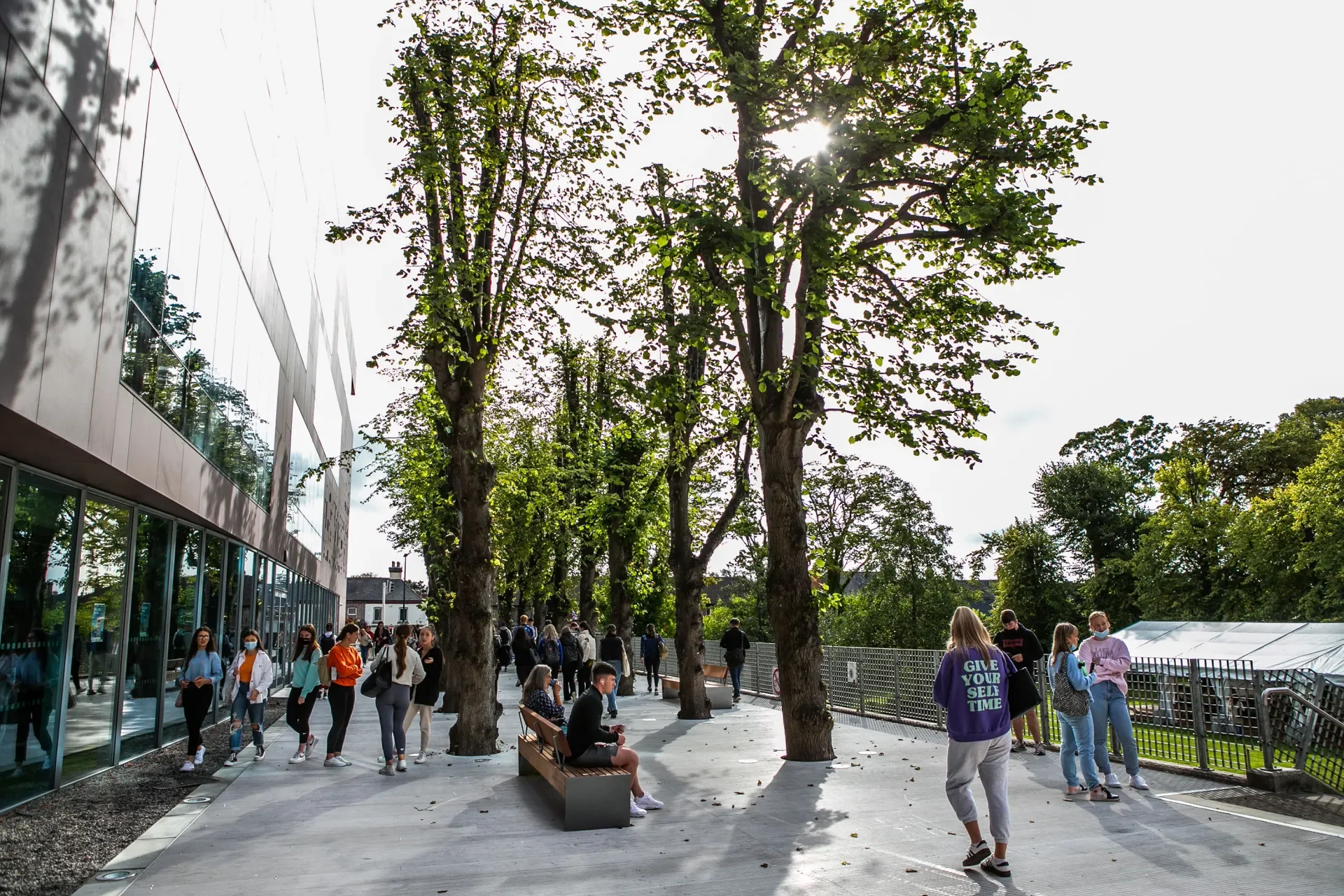
DCU St Patrick's Campus
FAQs
Is DCU all one campus?
DCU is a multi campus university - the Glasnevin, St Patrick's and All Hallows campuses. The St Patrick's campus is where the Education courses are taught and some of the subjects from the BA Joint Honours degree. There is a 20-25 minute walk between the campuses but there are buses and bikes available to go between them also.
Click here to see maps of all of our campuses
If I'm studying on the St Patrick's campus, can I use the library and sports centre on the Glasnevin campus?
Yes, all facilities such as sports and accommodation are open for all DCU students to avail of.
Are there libraries in DCU and if they have wifi and work stations?
We have a brand new state of the art four floor library on our St. Patrick's Campus which complements the existing library on the Glasnevin campus. There is free wifi, work stations as well as desktop computers.
Does DCU provide accommodation?
DCU does have on-campus accommodation for undergraduate and postgraduate students, and you can find out more and apply via the Accommodation Office webpage.

